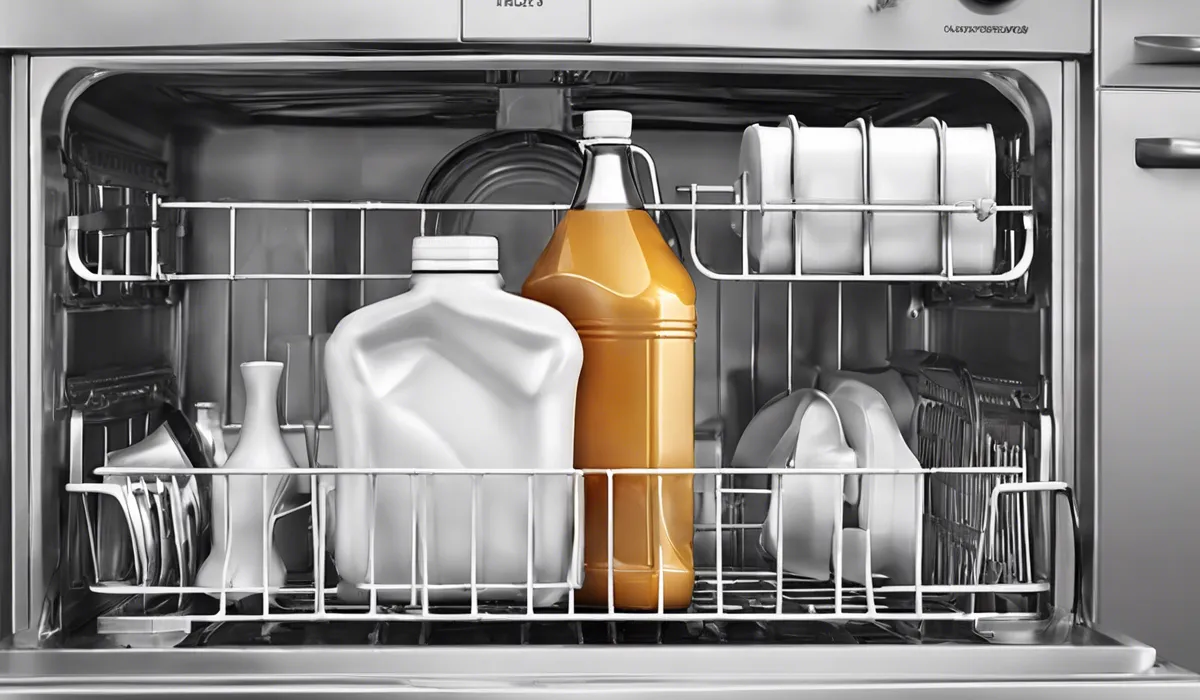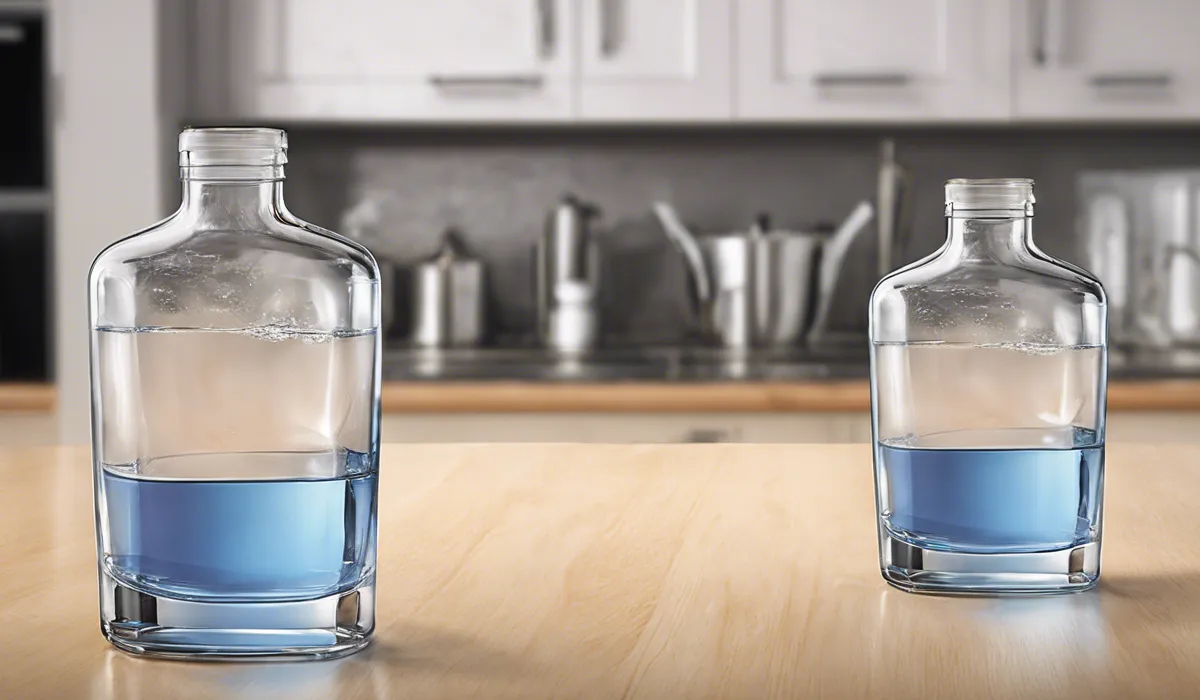Can Flasks Go in the Dishwasher? Safe Cleaning Tips Revealed
Most flasks are not dishwasher safe. Check the manufacturer’s instructions to be sure. Stainless steel flasks may tolerate the dishwasher, but the high heat can damage seals and affect insulation. Hand washing is generally recommended to preserve the flask’s integrity.
Understanding Dishwasher Safety for Flasks

Common Uses for Flasks
Flasks serve as versatile containers, primarily used to hold beverages. People often carry flasks to keep drinks hot or cold while on the go, whether it’s coffee for a morning commute or water for a workout.
Flasks are also popular for outdoor activities, such as camping or hiking, where maintaining the temperature of liquids is essential.
Materials Used in Flask Construction
Flasks are made from various materials. Stainless steel flasks are praised for their durability and insulation properties. Plastic flasks offer a lightweight option, often used in settings where weight is a concern, such as during a hike.
Glass flasks, though less common due to their fragility, are sometimes preferred for preserving the taste of the contents.
Dishwasher-Safe Item Guidelines
Generally, items that are dishwasher safe are made from materials that can withstand the appliance’s high temperatures and powerful detergents. This includes certain plastics, glasses, and metals.
However, not all items within these categories are safe for dishwashing, as the specifics of their design and material composition can affect their suitability.
Factors Affecting Flask Dishwasher Safety

High Temperatures and Flask Materials
While stainless steel flasks may withstand high temperatures, the intense heat of a dishwasher can damage the seals and insulation, compromising their ability to maintain temperatures.
For plastic flasks, the heat could warp the material, and glass flasks are at risk of cracking or breaking.
Dishwasher Detergents and Flask Surfaces
The harsh chemicals in dishwasher detergents can corrode stainless steel flasks’ outer finishes and degrade plastic flasks over time.
These detergents may also leave an unpleasant residue or taste, particularly in flasks with narrow openings that are not easily rinsed.
Water Trapping in Narrow Openings
The design of certain flasks, particularly those with narrow mouths, can cause water to become trapped inside during a dishwasher cycle. This can lead to bacterial growth if not properly dried and can be difficult to clean thoroughly.
Manufacturer Recommendations and Warranty
It’s crucial to check the manufacturer’s instructions regarding dishwasher safety. Disregarding these recommendations can void warranties. Always consider the manufacturer’s advice as the final word on whether your flask is dishwasher safe.
Best Practices for Dishwashing Flasks

Pre-Washing and Emptying the Flask
Before placing a flask in the dishwasher, ensure it’s empty and free of any residue. Pre-rinsing under warm water can help remove leftover contents and reduce the work your dishwasher has to do.
Positioning Flasks in the Dishwasher
For optimal cleaning and drying, position flasks in an upright position in the dishwasher, preferably on the top rack away from the heating element. This placement helps prevent damage from high heat and allows water to drain out of the flask more easily.
Hand Washing as an Alternative
If your flask is not dishwasher safe or you want to ensure its longevity, hand washing is the best method. Use warm, soapy water and a bottle brush to reach inside the flask, then rinse thoroughly to remove soap residue.
Maintenance Tips for Flask Longevity
To extend the life of your flask, wash it promptly after use, store it with the lid off to prevent odor buildup, and avoid using abrasive cleaners that can scratch the surface. Treat your flask with care and it will serve you well for many years.
FAQs About Dishwashing Flasks
Can you put a flask in the dishwasher?
Most flasks are not recommended for dishwasher cleaning. It’s important to check the manufacturer’s instructions to verify if your particular flask is dishwasher safe.
Are stainless steel flasks dishwasher safe?
Some stainless steel flasks may tolerate the dishwasher, but the high heat can still damage seals and affect insulation, so hand washing is generally advised.
Can putting a flask in the dishwasher damage it?
Yes, the high heat of a dishwasher can damage the seals and insulation of a flask, compromising its integrity and effectiveness.
What is the best way to clean a flask?
Hand washing with warm, soapy water is generally the best method to clean a flask and preserve its integrity.
How can you tell if your flask is dishwasher safe?
Check the manufacturer’s instructions or the flask’s label for dishwasher safety information. If in doubt, default to hand washing.
Final Thoughts
Most flasks are not suited for dishwasher cleaning, and it’s crucial to refer to the manufacturer’s guidelines for confirmation.
While stainless steel flasks may withstand a dishwasher, the intense heat can compromise their seals and insulation. To maintain a flask’s condition, hand washing is typically the safest method.





